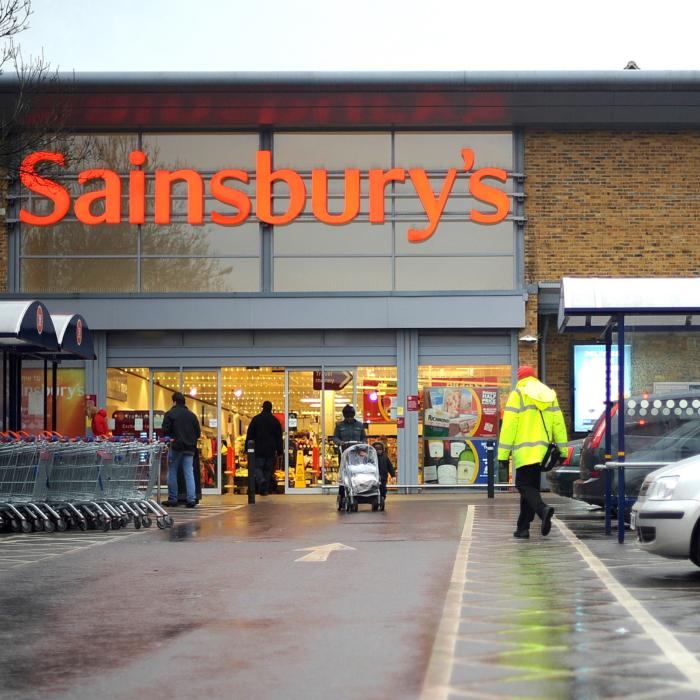UK wage growth has fallen to its lowest level in more than two years, amid an increase in the unemployment rate, official figures show.
Earnings growth, however, continues to outstrip inflation as pay rose by 2.7 percent.
Commenting on Tuesday’s labour market figures, Liz McKeown, ONS director of economic statistics, said, “Growth in pay excluding bonuses eased again this month to its lowest rate in over two years.”
She added that pay growth including bonuses rose to 4.3 percent and was affected by last year’s one-off payments made to public sector workers.
Unemployment
Unemployment data showed the rate rise to 4.3 percent in the three months to September, up from 4 percent in the previous three months and much higher than the 4.1 percent pencilled in by most economists.It is also above the estimates of a year ago and pre-COVID-19 pandemic levels.
The number of people on payrolls fell slightly in September, with the ONS reporting a continued slowdown in annual growth.
“Job vacancies have fallen again, as they have been doing for more than two years now,” McKeown added.
Growth Mission
Downing Street has committed to tackling unemployment and economic inactivity in its growth mission to achieve an 80 percent employment rate. Work and Pensions Secretary Liz Kendall said that a near record 2.8 million people in the UK are out of work owing to long-term sickness.Last month Labour announced a £240 million cash injection for local services to help people back into work and drive down inactivity. The announcement came ahead of the Get Britain Working White Paper, which will set out the government plan for reform to break down barriers to work.
Kendall said in a statement that the plan will “tackle spiralling inactivity, grow the economy,” and help achieve the “ambitious 80 percent employment rate.”
According to the British Chambers of Commerce (BCC), employers struggle to fill job vacancies, which constrains operations and profitability. BCC Director General Shevaun Haviland welcomed the cash investment from the government and urged for the changes to the labour market to be delivered quickly.
Business leaders have warned that changes introduced by the Autumn Budget could become a barrier to both economic growth and employment.







